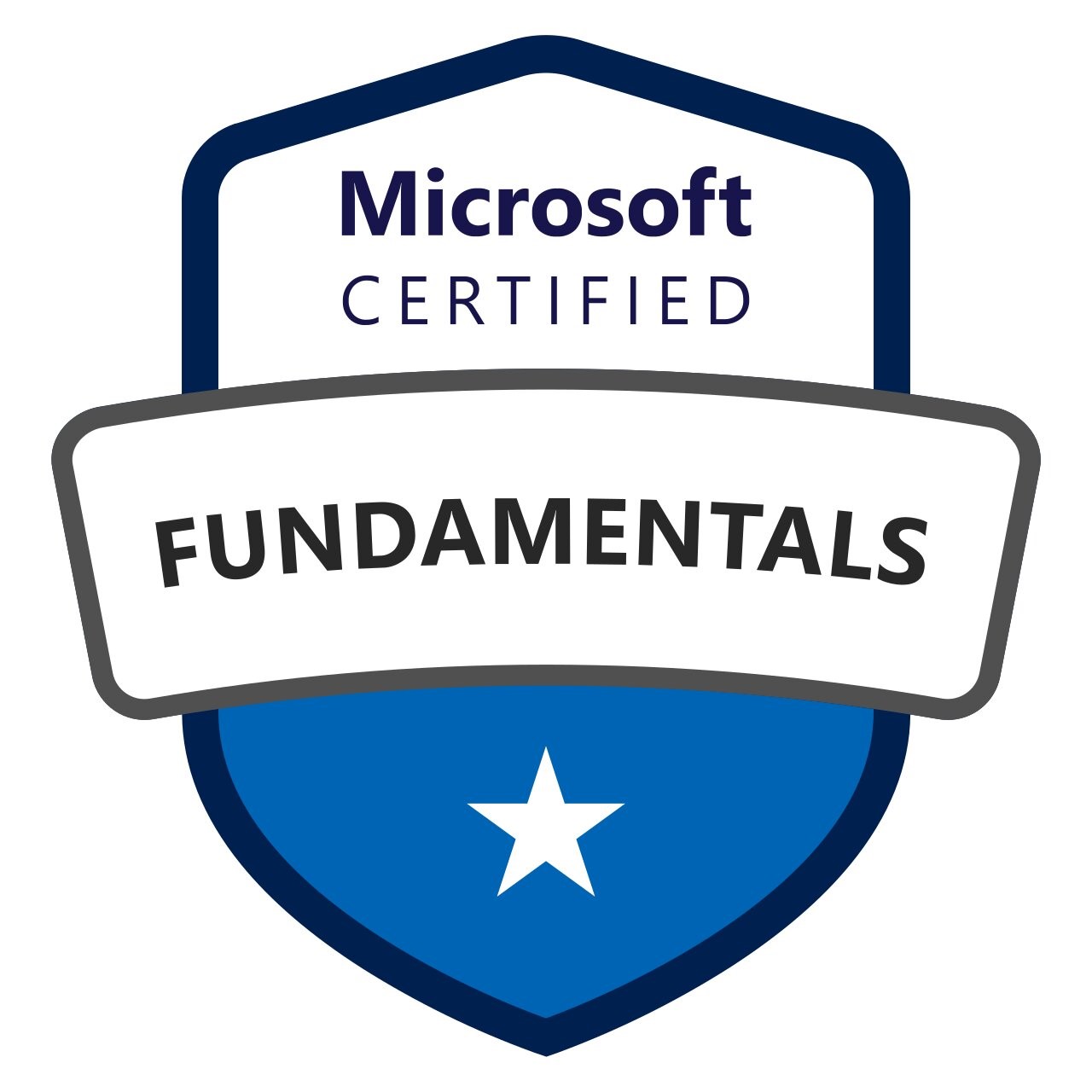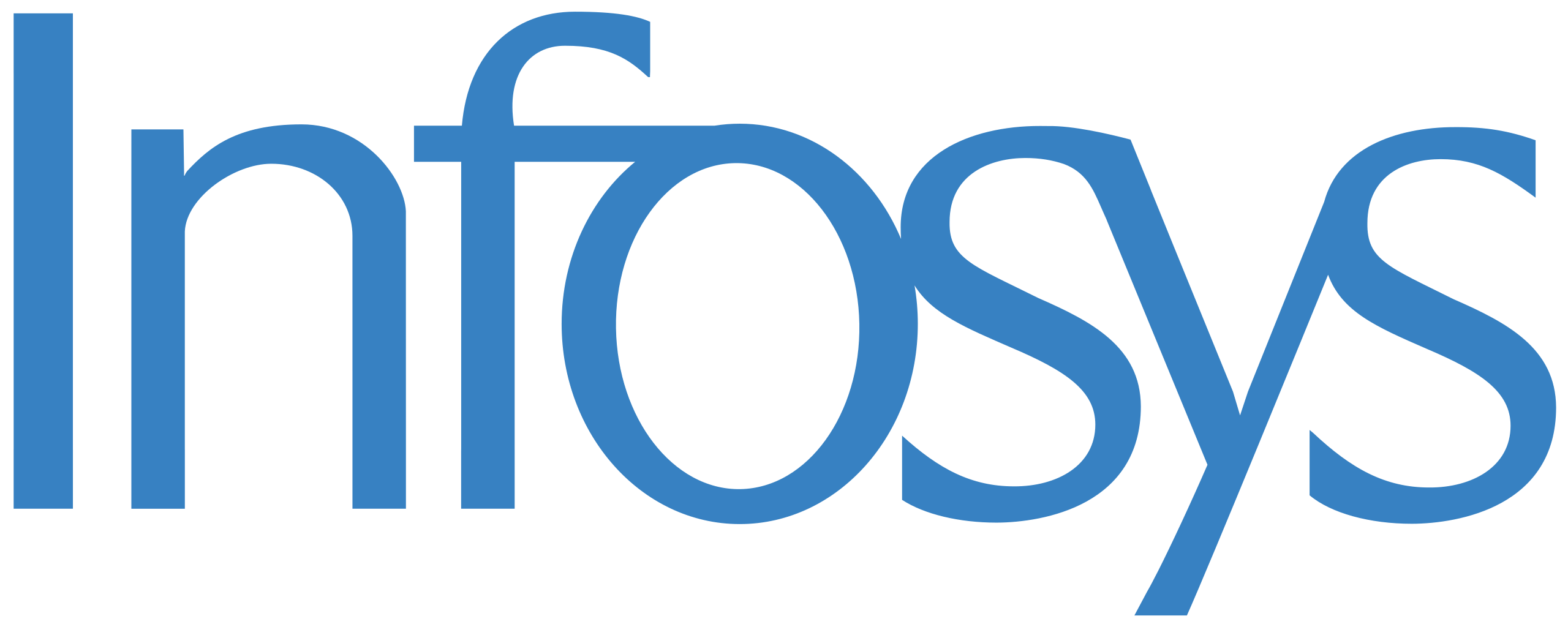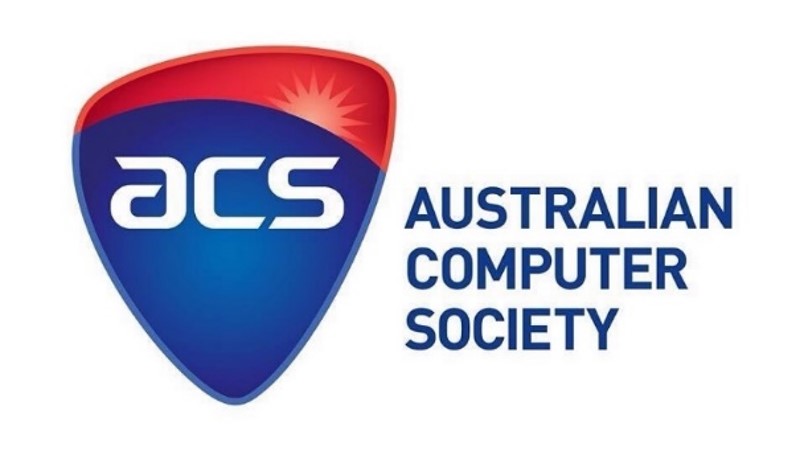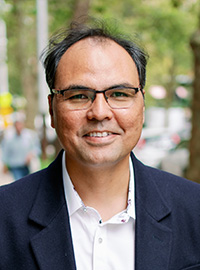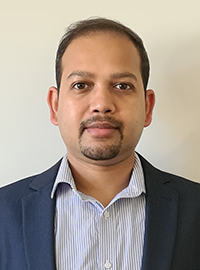-
95% graduates employed
-
Top 10 Catholic universities globally
-
Top 40 young universities worldwide
Master of Information Technology
Course information for - 2025 entry
Domestic
- Domestic
- International
- Domestic
- International
Offered at 1 locations
- North Sydney
- North Sydney
- Duration
- 2 years full-time or equivalent part-time
- Fees (first year)*
- Start dates
-
Semester 1 intake: Beginning February 2025Applications open August 2024Midyear (Semester 2) intake: Beginning July 2025Applications open April 2025
Overview

In a fast-moving digital industry you need a degree that will equip you to respond to the latest advancements.
Accredited by the Australian Computer Society (ACS), recognised by the Seoul Accord, and with Microsoft certifications in Microsoft Power Platform, Microsoft Azure Cloud Platform and Microsoft Azure Data Fundamentals incorporated into the units this degree reflects on, and responds to, the ethical, legal and social issues that shape the IT sector and facilitates workplace or industry-related projects to ensure you graduate job-ready and well-placed to take advantage of industry opportunities. All our units are embedded with the United Nations sustainable goals.
The Master of Information Technology has been designed to provide you with a strong foundation in the cutting-edge technologies of cyber security, data science and artificial intelligence, business analytics, web and mobile application development, and contemporary programming languages such as Python, Java, R, and C#.

Work placement
Students can undertake real IT projects with organisations as part of the student consultancy hub.
Accreditation
This degree is accredited by the Australian Computer Society (ACS). The Australian Computer Society is recognised internationally by the Seoul Accord. This means that our ACS-accredited programs satisfy the international standards and processes set by the Accord.

Careers
Our graduates have pursued careers in:
- Fullstack Developer
- Web Developer
- Mobile Developer
- Software Developer
- Software Engineer
- Progammer
- IT Project Manager
- IT Consultant
- IT Support
- IT Trainer
- Database Administrator
- Data Scientist
- Data Analyst
- Machine Learning Engineer
- Cyber Security Analyst
- Cyber Security Consultant
- Network Engineer
Course details
Course structure
To complete the Master of Information Technology, a student must complete 160 credit points (cp).
Course map
Graduate statement
AQF framework
Exit Points
A student who has completed the requirements prescribed for the Graduate Diploma in Information Technology or Graduate Certificate in Information Technology may exit from the course with the relevant award.
Students who complete the required combination of units may exit with a:
- Graduate Certificate in Application Development
- Graduate Certificate in Data Analytics
- Graduate Certificate in Cyber Security
- Graduate Certificate in Data Science
Entry requirements
An applicant must also comply with the Admission to Coursework Programs Policy.
To be eligible for admission to the course, an applicant must have completed the following prerequisites:
- Equivalent of an Australian bachelor’s degree in any discipline
International applicants need to meet the English Language Proficiency requirements as defined in the Admission to Coursework Programs Policy.
Disclaimer: The course entry requirements above are for 2025 Admission.
Applicants with higher education study
You will need to meet the minimum entry requirements and subject prerequisites for your chosen course.
If you have completed at least two units of AQF-recognised study at bachelor level or above, we’ll assign you with a new selection rank that reflects your study level, duration, and grade point average.
If your prior study or relevant work experience has provided you with knowledge, skills or experience aligned with the learning outcomes of units in your new course, you may be eligible to gain credit for study or have your prior learning recognised. This means you may be able to complete your ACU course in a shorter timeframe.
You can use our credit search tool to see what you might be eligible for. For more information about credit and recognition of prior learning at ACU, follow the link below.
Inherent requirement
There are essential components of a course or unit that demonstrate the capabilities, knowledge and skills to achieve the core learning outcomes of that course or unit. You will need to be able to meet these inherent requirements to complete your course.
Learn more about inherent requirements for your course and how they affect you
Fees
Course costs
*This is an indicative first-year fee based on the tuition fee rates for a full-time student, using unit enrolment data from domestic students who studied the course in the previous year.
A student’s annual fee will vary depending on factors including:
- Number of units studied per year
- Choice of major or specialisation
- Elective units
The University reviews fees annually.
You can view current course costs and domestic tuition fee rates by unit.
Payment options
You should be able to concentrate on getting good marks instead of worrying about how you’ll pay your fees. We have a number of options that can help you ease the financial burden, including government assistance, scholarships and income support.
Scholarships
You could be eligible for one of the hundreds of scholarships we award each year to help students from across the university with the cost of studying, accommodation or overseas study opportunities. Some of our scholarships are awarded on the basis of merit, but these aren’t just for the academically gifted; ACU also recognises excellence in community engagement and leadership. We also offer a range of scholarships for those who may be struggling financially or who have faced other barriers to accessing education.
How to apply
Domestic applicants
Deferment
Deferment is available for one year. Find out more about deferment.
Staff Profile
Dr Walayat Hussain
Associate Professor, Peter Faber Business School
Dr Walayat Hussain is an associate professor within the discipline of Information Technology at Peter Faber Business School. He has an academic and industry experience of more than 17 years. Before joining the ACU, he was a lecturer at Victoria University Melbourne, lecturer and a Post-doctoral Research Fellow at the University of Technology Sydney for seven years. He worked as an Assistant Professor and postgraduate program coordinator at the department of Computer Science at BUITEMS University for many years. He holds a PhD, Master, Postgraduate Diploma, and Bachelor's (Hons.) degrees in Computing and Information Systems from the UTS, AIT, BUITEMS, and Hamdard University.
Walayat has developed and revitalised multiple postgraduate and undergraduate subjects of Information. Walayat's research areas are Service Computing, Business Intelligence, AI, Information Systems, Computational Intelligence, Machine Learning, and Decision Support Systems.
Dr Kamanashis Biswas
Lecturer – IT, Peter Faber Business School
Dr Kamanashis Biswas is a Lecturer in Information Technology at Peter Faber Business School. He is also an adjunct lecturer at School of ICT, Griffith University. Before starting his role at ACU, he worked as an Associate Lecturer at Griffith University for one and half years. He also worked as a faculty at Daffodil International University, Bangladesh for about four and half years. His research interests include blockchain technology, design and development of lightweight security protocols, energy efficient and secure routing, intrusion detection systems, security issues in MANETs and WSNs. He has published more than 50 peer reviewed papers in various journals and conferences including IEEE, ACM, Springer and Elsevier.


